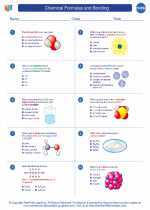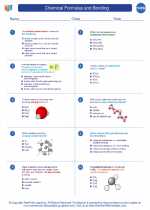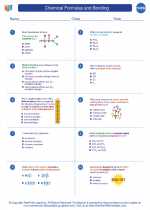Biotic
In ecology, the term "biotic" refers to living organisms and the effects they have on their environment. This includes plants, animals, fungi, and microorganisms, as well as their interactions with each other and with the non-living components of their environment.
Biotic Factors
Biotic factors are the living components of an ecosystem. These include:
- Producers: Organisms that can produce their own food through photosynthesis or chemosynthesis, such as plants and some types of bacteria.
- Consumers: Organisms that obtain energy by consuming other organisms, such as herbivores, carnivores, and omnivores.
- Decomposers: Organisms that break down dead organic matter, such as fungi and bacteria.
- Parasites: Organisms that live on or in a host organism and obtain nutrients at the host's expense.
- Predators: Organisms that hunt and consume other organisms for food.
Interactions
Biotic factors interact with each other in various ways, forming complex relationships within ecosystems. These interactions include:
- Competition: When organisms compete for limited resources such as food, water, and living space.
- Predation: The act of one organism consuming another for food.
- Mutualism: A symbiotic relationship in which both organisms benefit from the interaction.
- Commensalism: A symbiotic relationship in which one organism benefits while the other is neither helped nor harmed.
- Parasitism: A symbiotic relationship in which one organism benefits at the expense of the other.
Study Tips
When studying biotic factors and their interactions, it's helpful to:
- Understand the different types of biotic factors and their roles within ecosystems.
- Learn about specific examples of biotic interactions, such as predator-prey relationships and mutualistic partnerships.
- Consider the impact of human activities on biotic factors and the environment as a whole.
- Use diagrams and illustrations to visualize the relationships between biotic factors in different ecosystems.
◂Chemistry Worksheets and Study Guides High School. Chemical Formulas and Bonding
Worksheet/Answer key Chemical Formulas and Bonding
Chemical Formulas and Bonding  Worksheet/Answer key
Worksheet/Answer key Chemical Formulas and Bonding
Chemical Formulas and Bonding  Worksheet/Answer key
Worksheet/Answer key Chemical Formulas and Bonding
Chemical Formulas and Bonding 

 Worksheet/Answer key
Worksheet/Answer key
 Worksheet/Answer key
Worksheet/Answer key

The resources above cover the following skills:
PHYSICAL SCIENCE (NGSS)
Matter and Its Interactions
Students who demonstrate understanding can:
Plan and conduct an investigation to gather evidence to compare the structure of substances at the bulk scale to infer the strength of electrical forces between particles.